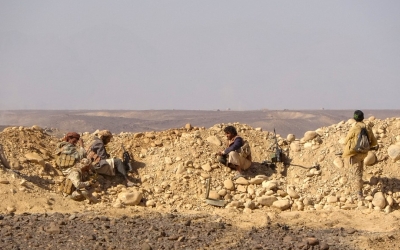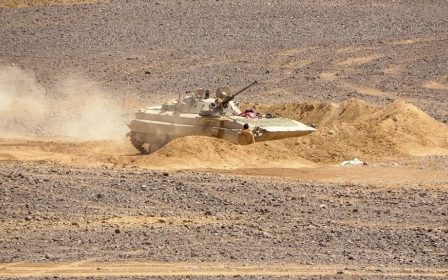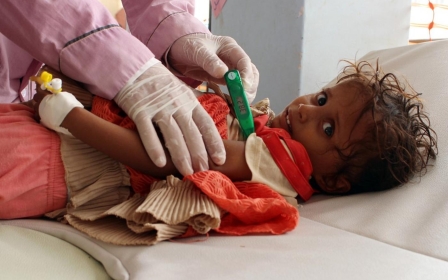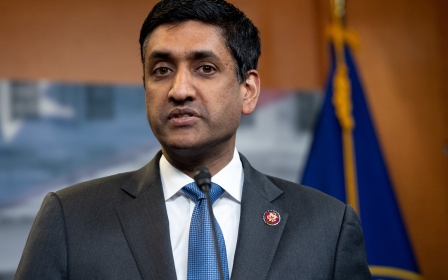Yemen: Warring parties fail to agree prisoner swap deal, says UN
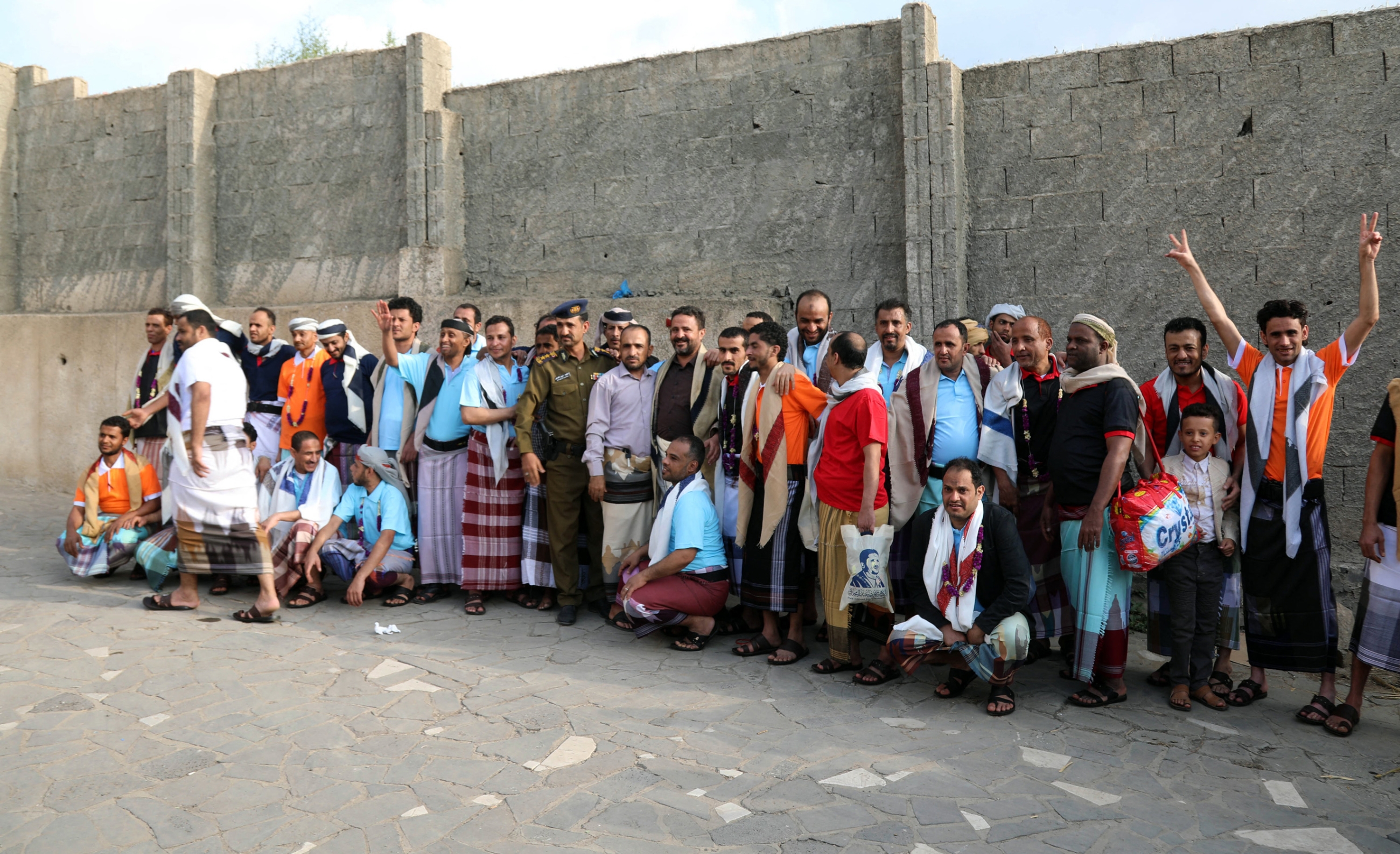
Warring parties in Yemen failed to come to agreement on a prisoner exchange after a month of discussion, the UN announced on Sunday.
The talks, led by the UN and the International Committee of the Red Cross in Jordan since 24 January, failed to repeat a 2018 deal that saw around 15,000 prisoners changing hands.
"I am disappointed that this round of talks did not amount to what we saw in Switzerland last September which resulted in the historic release of 1056 detainees," said the world body's Yemen envoy, Martin Griffiths, in a statement.
"I urge the parties to continue their discussions and consultations, conclude the implementation of what they agreed to and expand the arrangements to release more detainees soon."
The two sides, however, were "committed to keep discussing the parameters of a future expanded release operation," according to the UN.
"I reiterate my call for the unconditional release of all sick, wounded, elderly and children detainees as well as detained civilians, including women and journalists," Griffiths said.
Yemen's internationally recognised government and Houthi rebels had agreed in 2018 to swap some 15,000 detainees in a rare conciliatory move after years of war that has triggered what the UN calls the world's worst humanitarian crisis.
In October, hundreds of fighters from both sides headed home in the first large-scale handover since the war began, under a deal struck the previous month in Switzerland.
The conflict in Yemen has killed almost a quarter of a million people, mostly civilians, according to the UN humanitarian office.
Some 3.3 million people have been displaced and 24 million - more than two-thirds of the population - are in need of assistance, according to the UN.
Middle East Eye propose une couverture et une analyse indépendantes et incomparables du Moyen-Orient, de l’Afrique du Nord et d’autres régions du monde. Pour en savoir plus sur la reprise de ce contenu et les frais qui s’appliquent, veuillez remplir ce formulaire [en anglais]. Pour en savoir plus sur MEE, cliquez ici [en anglais].


